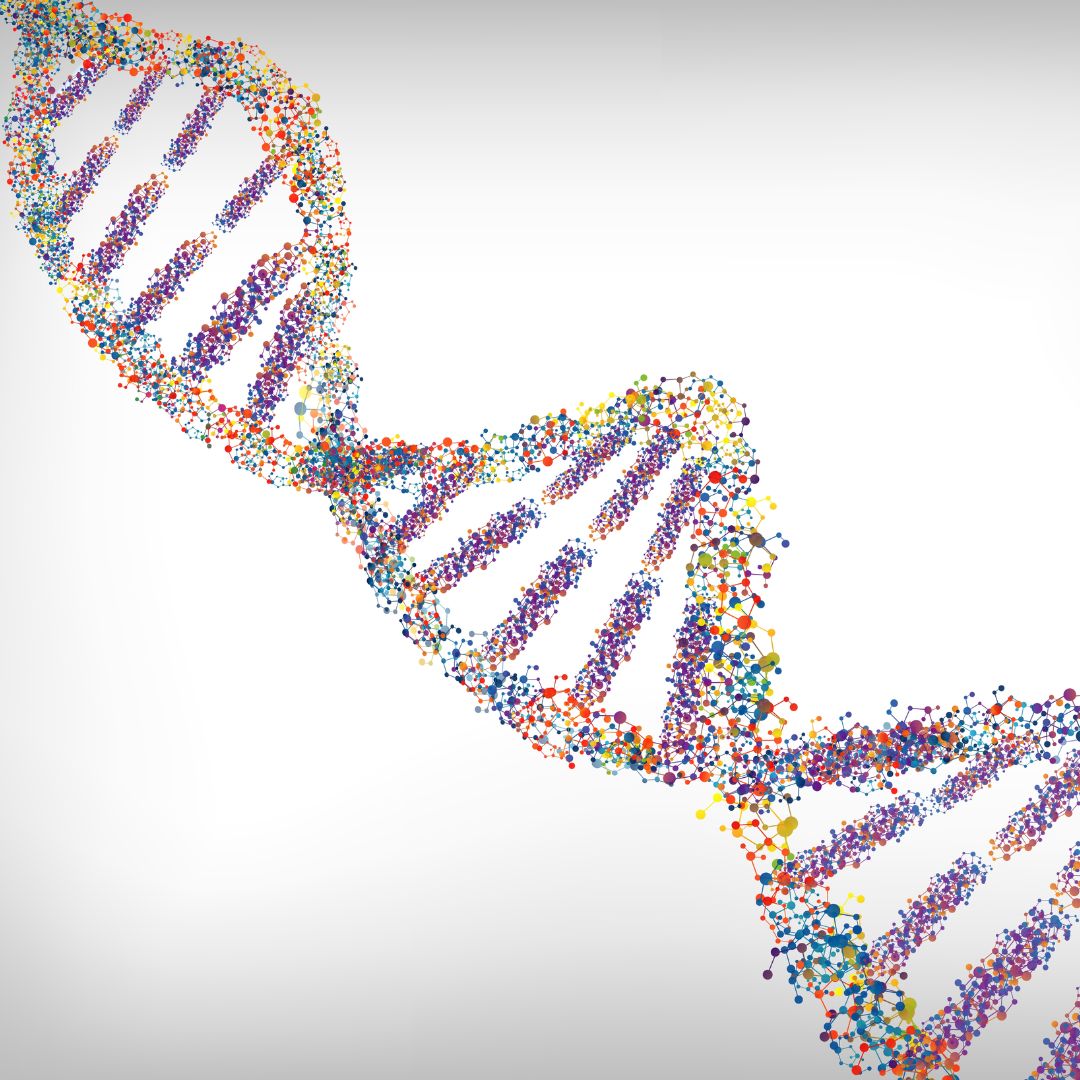Introduction
We millennials have tons of memes about back ache and feeling way older than we are to get us through the day. We know that once we hit the 30s, some kind of biological gong sounds- which says that we have a finite amount of energy and time left. This gong is triggered by all the factors that quicken aging in DNA itself. Our skin is not as elastic and we require anti-ageing treatments to get rid of the wrinkles and laugh lines, our bone health is not great, our hormones are all over the place and our mood is all over the place. It is tempting to blame it on the recession, stress due to poor job prospects and blah blah, but deep down we know that it is not that linear a relationship. Aging, and all the woes we relate with it, happens due to long lasting changes in the DNA. Let us learn more about it, in a slightly technical manner and try to understand how longevity ties in with methylation.
DNA Methylation And Ageing
DNA is this ultra-functional, coiled core of information found in every cell. The main function of DNA is to be a blueprint, from which genetic instructions can be given to guide cells to do their own thing.
We all know that the same DNA is present in every cell but how is each cell going about its own function, which can be pretty different from its neighbour? The answer lies in this phenomenon called ‘methylation’- where a simple functional group or molecule is used to tag DNA in very specific places. These translate to altered instructions and differing functional expertise. Also, as new cells are produced repeatedly, some of the DNA sequences or instructions can get lost in translation- due to many reasons, with aging being a prominent one.
This means cellular activity will also begin to change as we grow older and many of the changes we associate with aging are due to DNA methylation not working as well as it should be.
The Fraga Study Of Longevity
A research study conducted at the University of Oviedo in Spain by Fraga and his colleagues focused on finding the maximum possible lifespan for 18 different mammals. For humans, they found that 118.5 years lifespan was very much a possibility while for mice or smaller mammals, it was much lesser. Their research question was pretty basic- is there a direct relationship between DNA methylation and how long an organism can live? For this, they first tried to understand how long any organism lives.
Then, they found that yes, there was a relationship between the two phenomena- but in an inverse fashion. They observed that these DNA methylation or epigenetic changes (called mutations) were fewer in animals which lived longer like elephants or humans while mutations accumulated in much larger amounts in short-lived mammals like mice.
Relationship Between Ageing And DNA Modifications
These results can be reframed- if we are somehow able to prevent methylation from happening, or slow it down, then you can essentially reduce the rate of aging!
Aging occurs due to a combination of factors- one of which is the loss of requisite resources that are needed to efficiently run all cellular machinery. You can think of it as the energy currency or money that cells need to spend to be able to live comfortably and function properly. This currency is none other than the molecule NAD+ which diminishes by as much as 65% from ages 30-70.
A very well known study by Dr. David Sinclair based in Harvard has shown that if we supplement cells with certain factors or molecules, they should be able to reprogram themselves to a younger, more potent state.
If DNA methylation can be reversed with these factors, it means that we can pop these so-called factors in the form of handy pills and we may feel younger, much sooner.
Closer to home, very few longevity related studies have been conducted. The Indian Institute of Science has become a research hub, with their initiative- called Longevity India which aims to study biomarkers, tissue health and even conduct clinical trials using age-relevant subjects as drug metabolism changes with advancing age.
What Should You Do Now?
With better healthcare and availability of resources, the life expectancy of the Indian population has gone up by almost 4 years- from 63.2 to 67.3 years. The unfortunate thing that happens here is even if we live for longer, our quality of life is not that great.
This is again due to aging, combined with a lot of poor lifestyle choices. The number one killer is heart disease in India. These changes don’t creep up on us suddenly- they take years to come to the present point. So, what can we all do? Do you think we should get pills with these ‘reprogramming factors’ so that when we pop them, our biological clock ticks slower than before?






